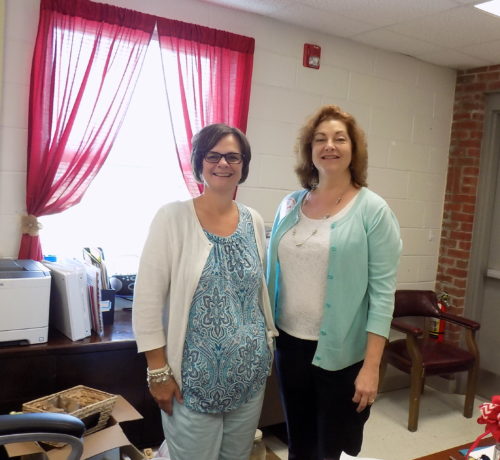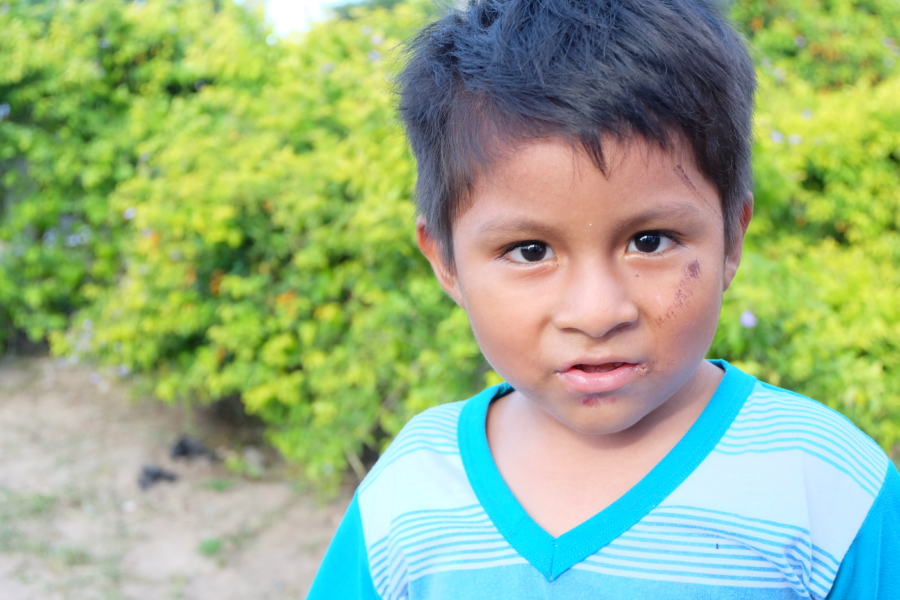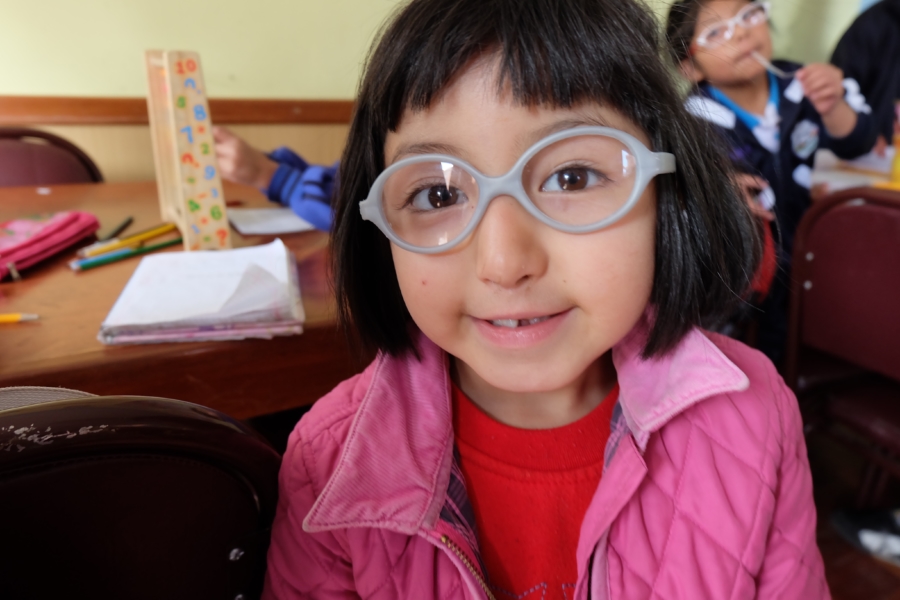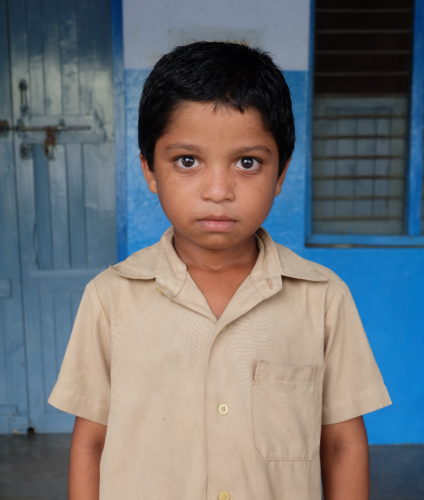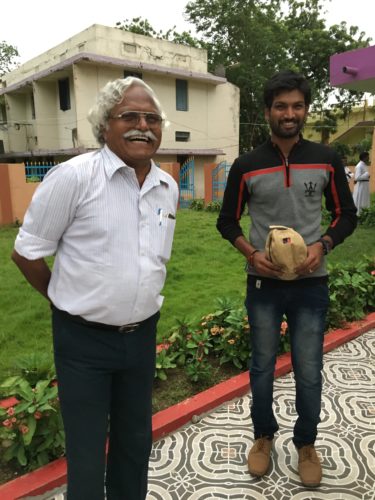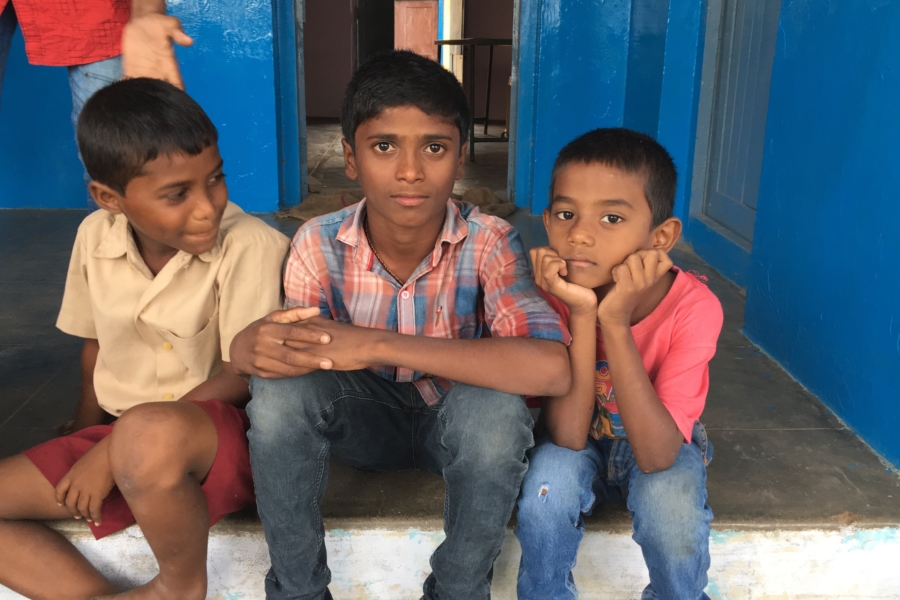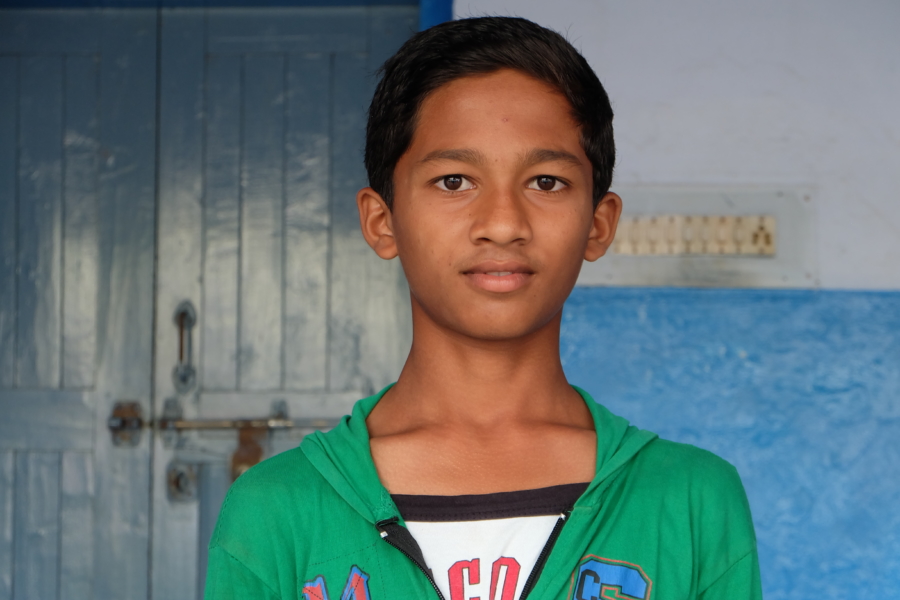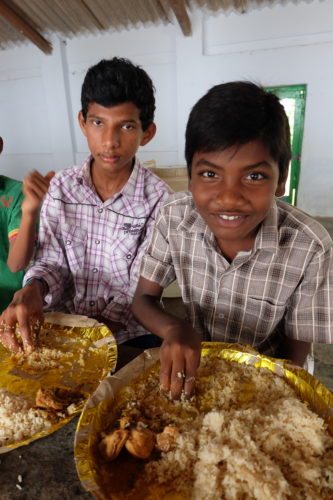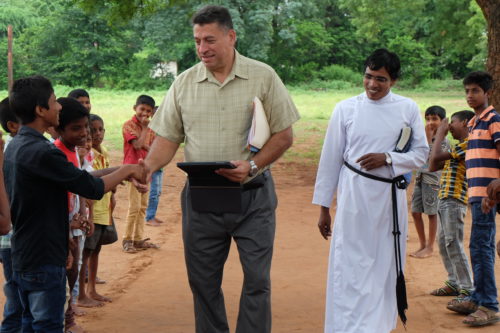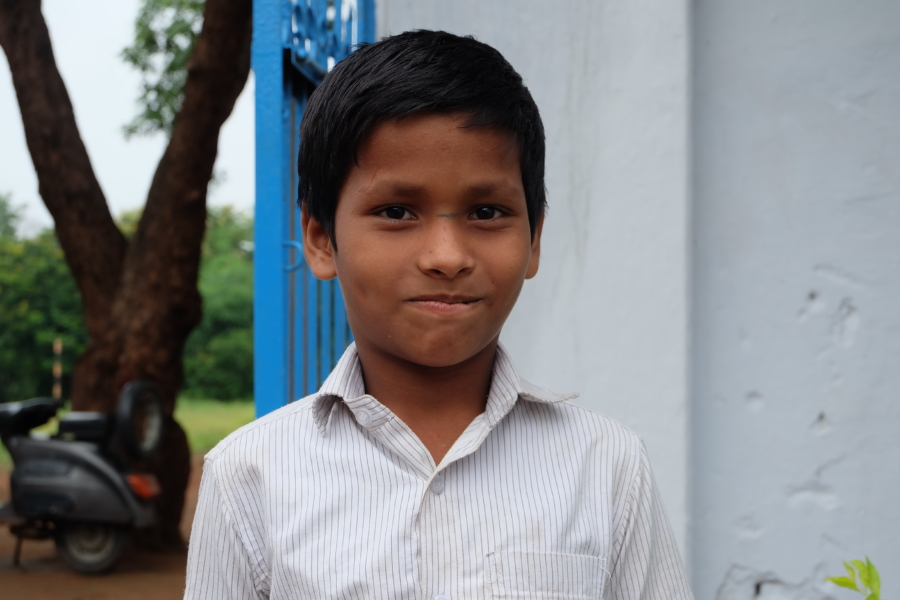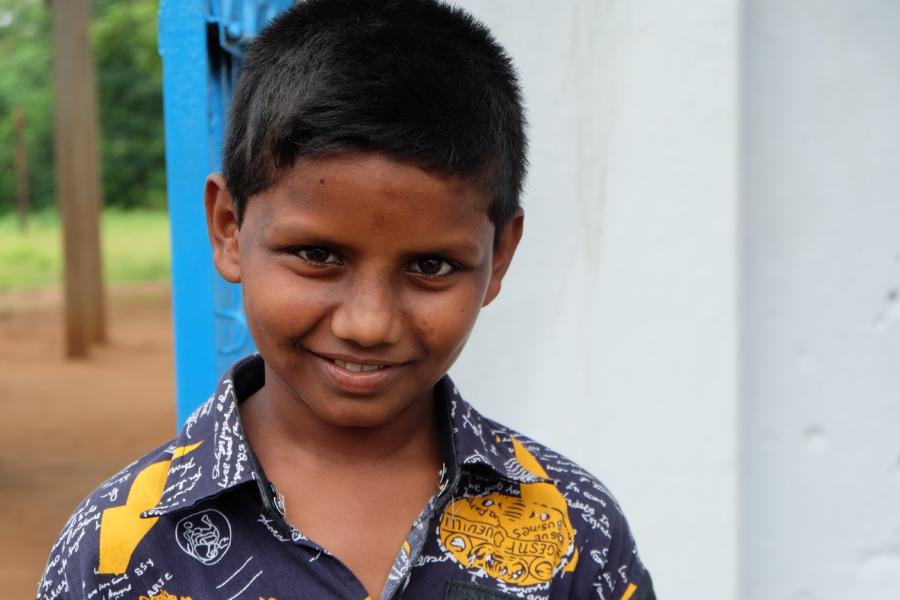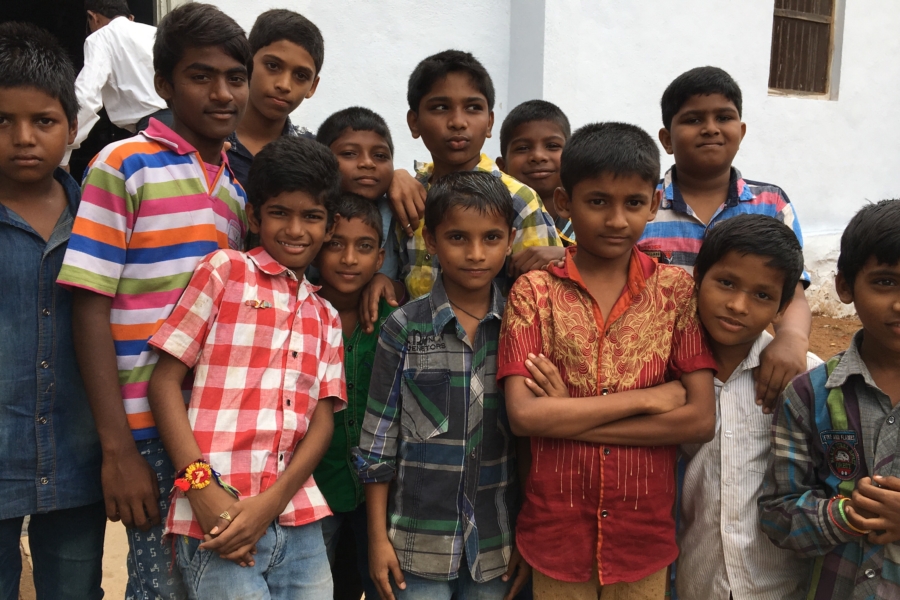The past two fall seasons, Altar’d State’s Mission Monday program has upheld the clothier’s motto: “Fashion Focused. Cause Motivated.” – contributing more than $10,000 to our Warm Clothing Fund, and “standing out for good,” just as the company promises it does.
Every Monday, ten percent of each store’s net sales go to the nonprofit that it is promoting.
How the Mission Monday program works
Each Altar’d State location chooses a nonprofit local to it to be its beneficiary for several weeks to a couple of months, depending on the length of the brand’s current theme. Topics vary from self-esteem, to pets, to cancer awareness, to service men and women, to children, to hunger and homelessness. Every Monday, ten percent of each store’s net sales go to the nonprofit that it is promoting. Literature about the Mission Monday charity is posted at cash registers during its promotion, so Monday shoppers can learn even more about the new life their dollars will find beyond the shopping experience, as one-tenth of that money exchanging hands is going toward a philanthropic cause.
That should really make Altar’d State’s clients shine when they don their new bohemian flair!
Not only does the outfitter provide financial support to charities, but it also offers greatly-needed and too often overlooked manpower; its employees have contributed over 8,000 hours of their treasured time to carrying out community service tasks on a volunteer basis at the nonprofits they benefit.
“Giving back is more than just what we do… it’s who we are.”
And give Altar’d State does! In 2018 alone, the brand donated over $2.5 million to charitable causes through its “Give Back” brands, the sales of which have funded the construction of a number of high schools and community centers in Peru through a nonprofit organization called Coprodeli. The retailer also sponsors 200 children in high-risk areas of the country through the same charity, helping disadvantaged kids to receive nutritional, educational, and psychological support. Altar’d State employees may also choose to sponsor Coprodeli children individually, too.
While the business itself is fairly new – barely ten years old – it has done a whole lot of good in less than a decade.
Each and every day, one percent of Altar’d State’s total profits are directed toward Coprodeli causes. These contributions have also provided computers and books to students, as well as clothes, school supplies, and other necessities to sponsored kids. The “Give Back” incentive has supported relief efforts in times of disaster through the sale of globally-conscious T-shirts for causes, with proceeds being donated for the purchase of supplies in times of immediate need. In addition, members of the Altar’d State home office team have participated in a number of Habitat for Humanity construction projects.
From coffee to attire – but always giving back
While the business itself is fairly new – barely ten years old – it has done a whole lot of good in less than a decade. In November of 2009, the first Altar’d State, which was then both a retail store and coffee shop, opened in Knoxville, Tennessee. The original and lasting mission of its duo of founders, Aaron Walters and Brian Mason, is upheld to this very day: to utilize the retail industry to change the world for the better.
Little by little, the Altar’d State brand personality bloomed into the artful flower that is now poised in the garden of the fashion industry. Today, the company oversees more than 100 boutique stores in thirty U.S. states – each and every location contributing year-round to the efforts of local nonprofits.
Children Incorporated’s local store and great advocate for children is located at Short Pump Town Center in Glen Allen, Virginia. Many kids in Appalachia, our Inner City Division, our Native American Division, and in Altar’d State – Short Pump’s and our own backyard in Richmond, Virginia are staying warm and healthy this winter season because of Altar’d State’s Mission Monday program and the store’s chic, socially-conscious shoppers.

***
HOW DO I DONATE TO THE WARM CLOTHING FUND?
You can donate to the Warm Clothing Fund in one of three ways: call our office at 1-800-538-5381 and speak with one of our staff members; email us at sponsorship@children-inc.org; or go online to our donation portal, create an account, and make a contribution to our Warm Clothing Fund.

